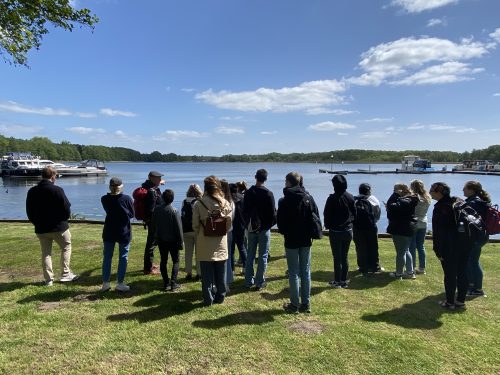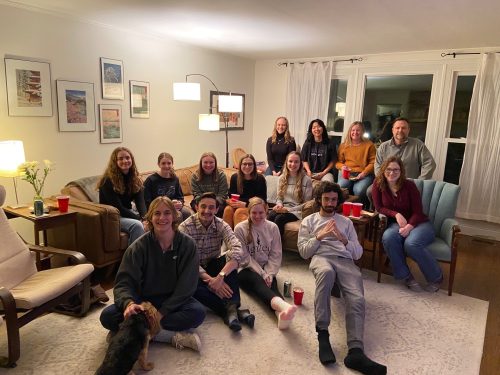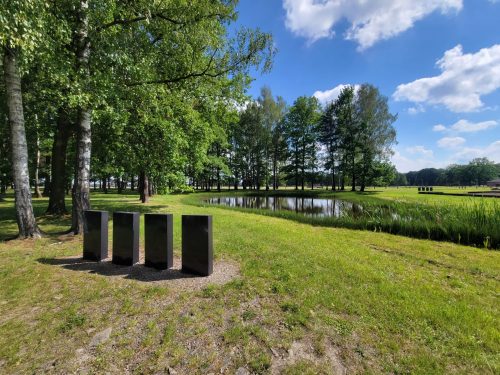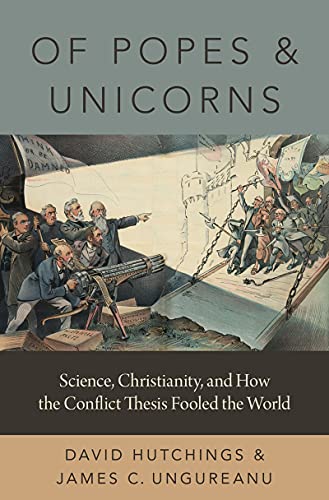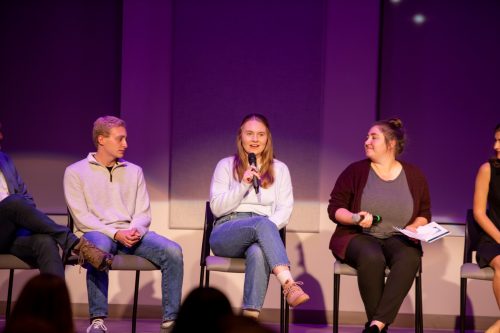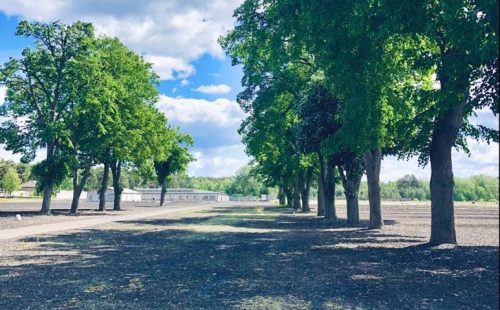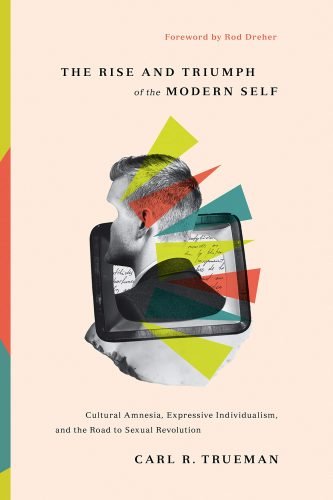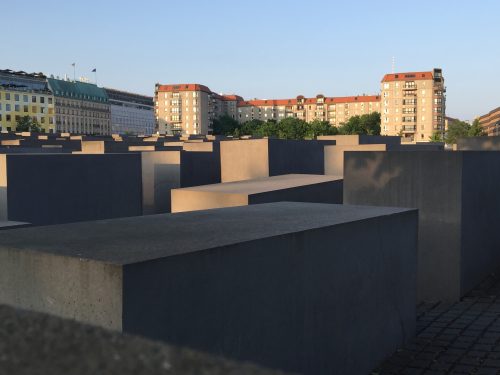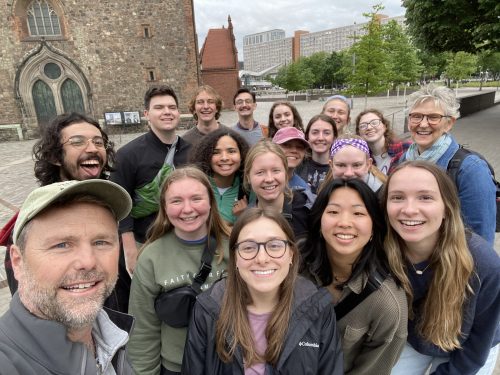
Living and Learning Together, Rediscovering a Lost Aspect of Education
Below is a summary of this year’s Holocaust Studies Tour, 2024 The tour this year was, as each one promises to be, a sundry blend of the predictable and repeatable commingled with the new, the unanticipated, and the potently particular. This is the complex base-fabric out of which study abroad experiences are cut. With regard to the new and particular, I was so pleased this time around to be able to meet Dr. Daniel Rottke and Historian Fabian Schwanzar at a place called Alt Rehse, a retreat and resort built by the National Socialists on the western banks of the
